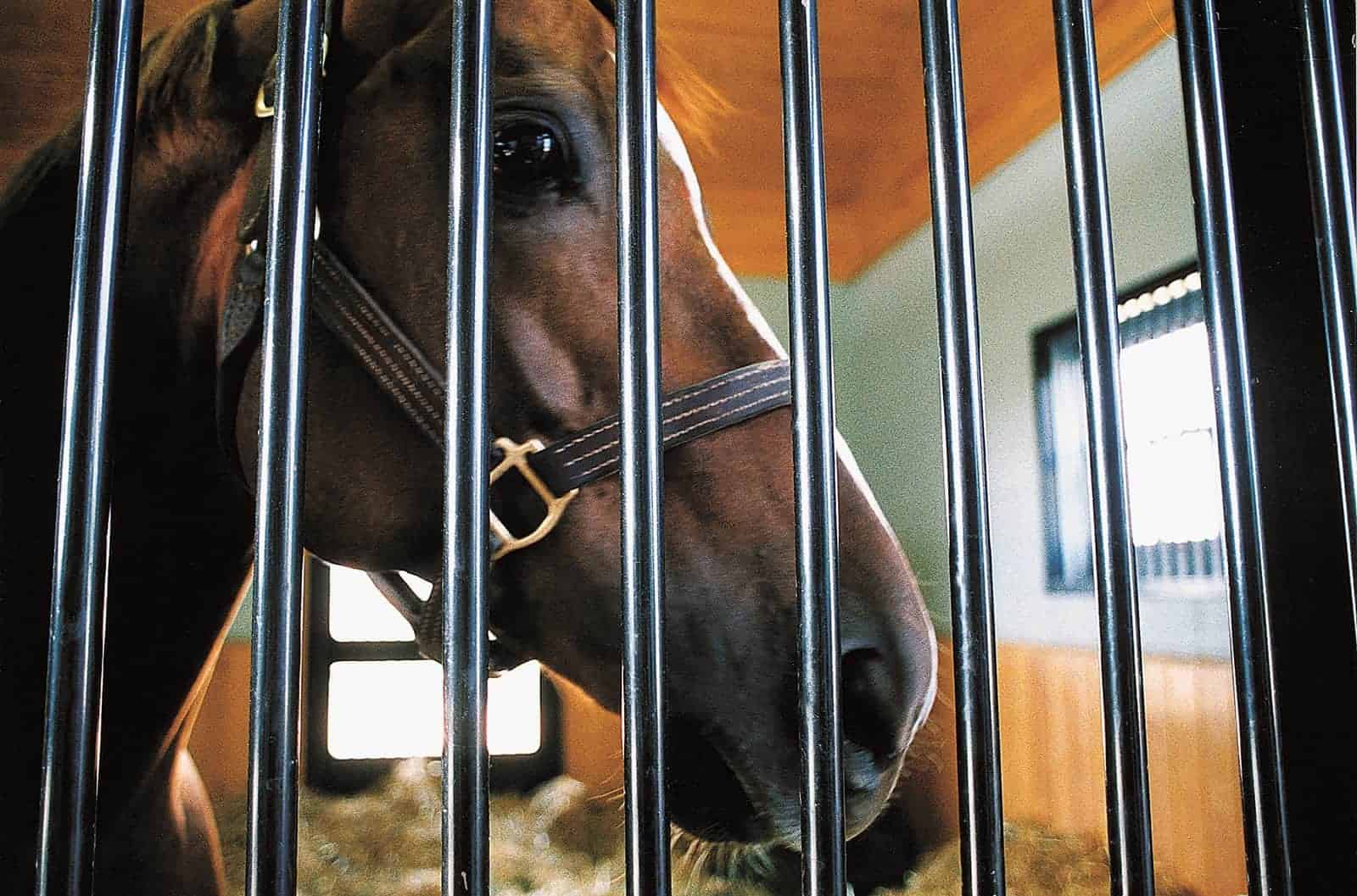Controlling EHV-1 Outbreaks: Best Practices

When a veterinarian suspects a horse has the neurologic form of equine herpesvirus-1 (EHV-1), it’s imperative he or she take the appropriate diagnostic and control measures to prevent an outbreak of this often fatal infectious disease. This is because EHV-1 can spread between horses before they show any signs of infection, creating a “potential perfect storm,” said Richard Newton, BVSc, MSc, PhD, FRCVS, during the 2018 British Equine Veterinary Association Congress, held Sept. 12-15, in Birmingham, U.K.
Newton is the director of Epidemiology and Disease Surveillance at the Animal Health Trust, in Newmarket, U.K. In his presentation he described how to manage EHV-1 cases and outbreaks.
Neurologic EHV-1 101
Neurologic EHV-1 is a contagious viral disease that can cause signs of ataxia (incoordination), weakness, paralysis, difficulty urinating and defecation, and recumbency (an inability to rise). It spreads via horse-to-horse contact, contaminated hands and equipment, and possibly through aerosolization, said Newton
Create a free account with TheHorse.com to view this content.
TheHorse.com is home to thousands of free articles about horse health care. In order to access some of our exclusive free content, you must be signed into TheHorse.com.
Start your free account today!
Already have an account?
and continue reading.

Written by:
Alexandra Beckstett
Related Articles
Stay on top of the most recent Horse Health news with












